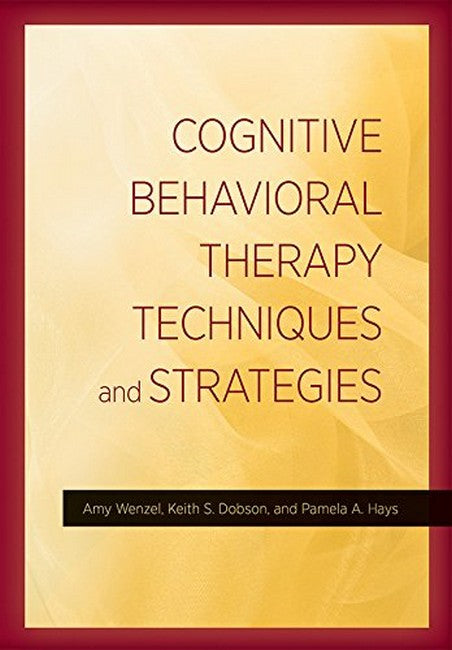Cognitive behavioural therapy (CBT) is a complex and evolving model of treatment that has been developed for and applied to a wide range of mental and physical problems and disorders. CBT's flexibility as a model can also make it a difficult technique to master. To be an effective cognitive behavioural therapist, the practitioner must be able to learn the broad principles related to CBT, and understand how to adapt those principles to his or her varied clients. Intended as a stand-alone companion to the APA video series of the same title, this book brings together three esteemed leaders and trainers in the field to elucidate the key principles, frameworks, and therapeutic processes that are used by effective cognitive behaviour therapists. In engaging language, this slim and approachable volume follows the typical sequence of delivering CBT to a client, with chapters focusing on assessment, case conceptualizations, core beliefs, behavioural strategies, problem-solving strategies, cultural responsiveness, and techniques to address distorted thinking. Featuring illustrative hypothetical cases and discussion of cutting-edge research, this book will give therapists a rich understanding of the various methods, approaches, and ideas that drive modern CBT.

